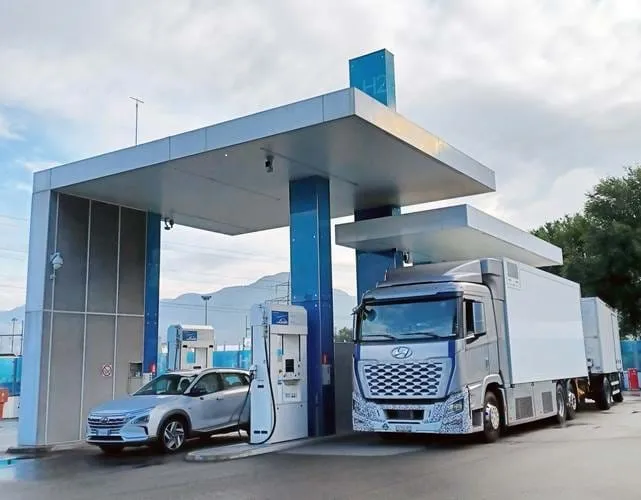The UK government’s proposed Infrastructure Bill would improve how the national infrastructure is funded, planned, managed and maintained and provide a US$4.4 billion boost to the economy over the next ten years.
Proposals include: improving the funding and management of our major roads; streamlining the planning process for major projects; protecting our infrastructure from invasive plants and animals; supporting house building; making it easier and cheaper to register land and property; helping communi
June 6, 2014
Read time: 1 min
The UK government’s proposed Infrastructure Bill would improve how the national infrastructure is funded, planned, managed and maintained and provide a US$4.4 billion boost to the economy over the next ten years.
Proposals include: improving the funding and management of our major roads; streamlining the planning process for major projects; protecting our infrastructure from invasive plants and animals; supporting house building; making it easier and cheaper to register land and property; helping communities become stakeholders in renewable electricity projects.
The bill would turn the503 Highways Agency into a government-owned company. It would also provide for stable, long term funding for national strategic road infrastructure projects, to create and repair the motorways and major A routes that support the economy. It would create units within Passenger Focus and the Office of Rail Regulation to represent the interests of road users and to monitor the company’s performance.
Proposals include: improving the funding and management of our major roads; streamlining the planning process for major projects; protecting our infrastructure from invasive plants and animals; supporting house building; making it easier and cheaper to register land and property; helping communities become stakeholders in renewable electricity projects.
The bill would turn the









